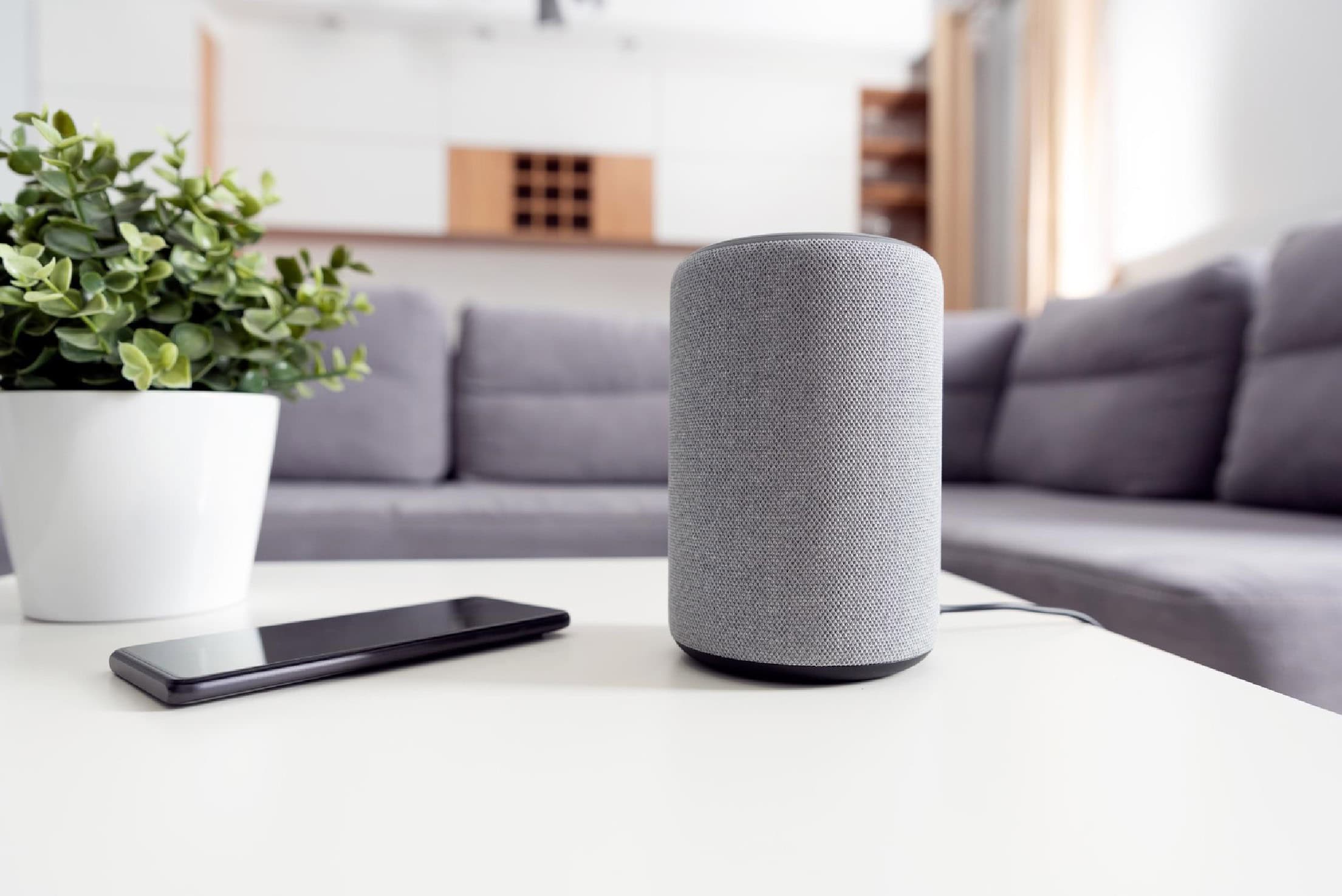Most of the time, modern technology has had an enormously positive effect on the way we live and work. From entertainment and leisure to our careers, it has changed our lives. In some cases, these changes have been unanticipated. The wide availability of technology like smart home devices, for example, has meant that they’ve started to play a role in family law matters.
In some cases, these devices have provided crucial evidence. In others, the technology has been misused to monitor and intimidate other parties. So how do family courts adapt to this new digital landscape? In this article, we’ll look at some examples of how smart home devices are affecting family and divorce law, what that means for you and how you can protect yourself.
Smart home devices as evidence
Smart home gadgets like Amazon Echo speakers, smart thermostats, security cameras, and fitness trackers collect data by their nature, automatically recording logs of our daily lives. With their repositories of data captured in a domestic setting, they can act as silent witnesses, documenting events that can have large effects on the outcome of legal disputes.
In many cases, they can provide valuable evidence in the context of a divorce. Smart device data could confirm or refute claims, such as whether a partner was at home at a certain time or even capture hostile behaviour in the household. In essence, these smart houses may produce digital breadcrumbs that end up in court.
Smart homes as tools of harassment
On the other hand, these technologies can also be misused to harass or surveil, which is a growing concern in family law. A UK Parliamentary committee reported in 2023 that smart home devices are being exploited by abusive partners to monitor, control, and intimidate their victims.
There have been cases of ex-partners remotely adjusting thermostats, flicking lights on and off, or accessing smart speakers to scare or coerce someone in the home. In some divorces, tech-savvy spouses have even hacked into accounts or used saved passwords to spy on the other party’s private life. This kind of behaviour is now termed “tech-enabled abuse.”
The Family Courts and police are beginning to take this kind of abuse seriously. Evidence of such misuse can influence decisions around non-molestation or occupation orders, or even child arrangements since it speaks to the safety of the family.
Protecting yourself
If you are separating from your spouse, it’s important to secure your smart home systems and online accounts. Change the passwords on your Wi-Fi, alarm system, doorbell camera, and similar devices. Check the privacy settings on your phone and remove any unknown devices from your cloud accounts. If you suspect your former partner is using technology to harass you, document what is happening and speak to your solicitor or the police.
Final thoughts
Technology is becoming an unavoidable part of family life, and that includes family breakdown. While smart devices can complicate matters during separation, they can also offer clarity, whether through useful evidence or practical tools for co-parenting. As family courts begin to engage more deeply with tech-related issues, the key is awareness. Taking simple steps to protect your digital privacy and understanding how technology might feature in your case can make a real difference. With the right advice and safeguards, tech does not have to be a threat; it can be part of the solution
Need legal advice on AI and tech-related family issues?
If you have concerns about the impact of artificial intelligence or technology on your family law case, contact us today for a consultation. Call us on 0161 930 5151, email us at enquiries@gorvins.com or fill in the online form.

